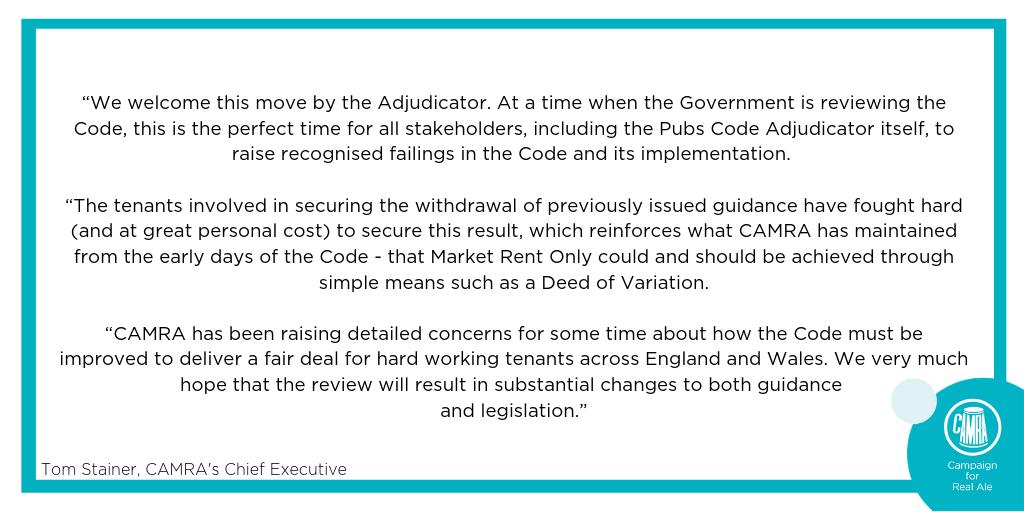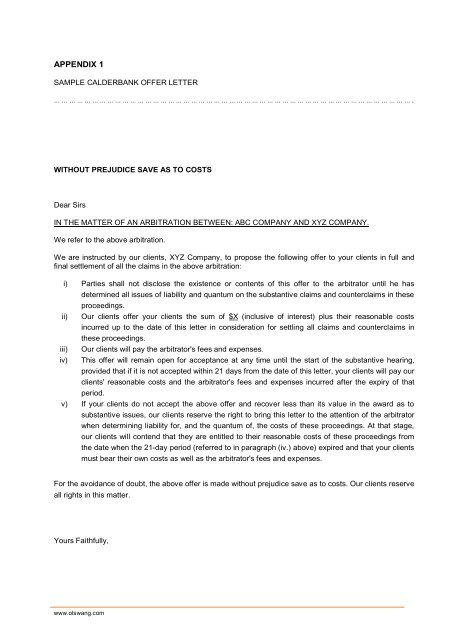

Where one party makes a without prejudice offer, the privilege extends to the response to the offer as well as to the offer itself. This was followed in the Court of Appeal case of Suh v Mace EWCA Civ 4. In Ofulue v Bossert 1 AC 990 the House of Lords had recommended that a broad view should be taken in assessing whether communications (whether in writing or in a meeting) were without prejudice. Whether a document is or is not labelled ‘without prejudice’ is not determinative. It can’t be used as evidence that the defendant accepts they were responsible for the accident (and that applies to both oral and written communications). If an offer is made ‘without prejudice’ it means that the claimant cannot refer to it or show it to a judge at court.

The crucial question is whether in the course of negotiation the parties contemplated, or might reasonably have contemplated, litigation if they could not agree terms (Framlington v Barnetson EWCA Civ 502).

There does not need to be litigation or a threat of litigation. In my view it means without prejudice to my position in any subsequent proceedings.’ Williams v Hull EWJC 2844(Ch). ‘I do not agree that without prejudice means without prejudice to my open position. If it isn’t accepted then it is still possible to successfully defend the claim as liability has not been conceded. If it is accepted that is the end of the claim. It must be a genuine attempt at compromise on a dispute. But what does it mean? And are there any pitfalls to be wary of?Ī without prejudice offer simply means that you wish to try and settle a part or the whole of a claim without making a formal admission of liability. Settling claims ‘without prejudice to liability’ is an everyday occurrence for most insurers.


 0 kommentar(er)
0 kommentar(er)
